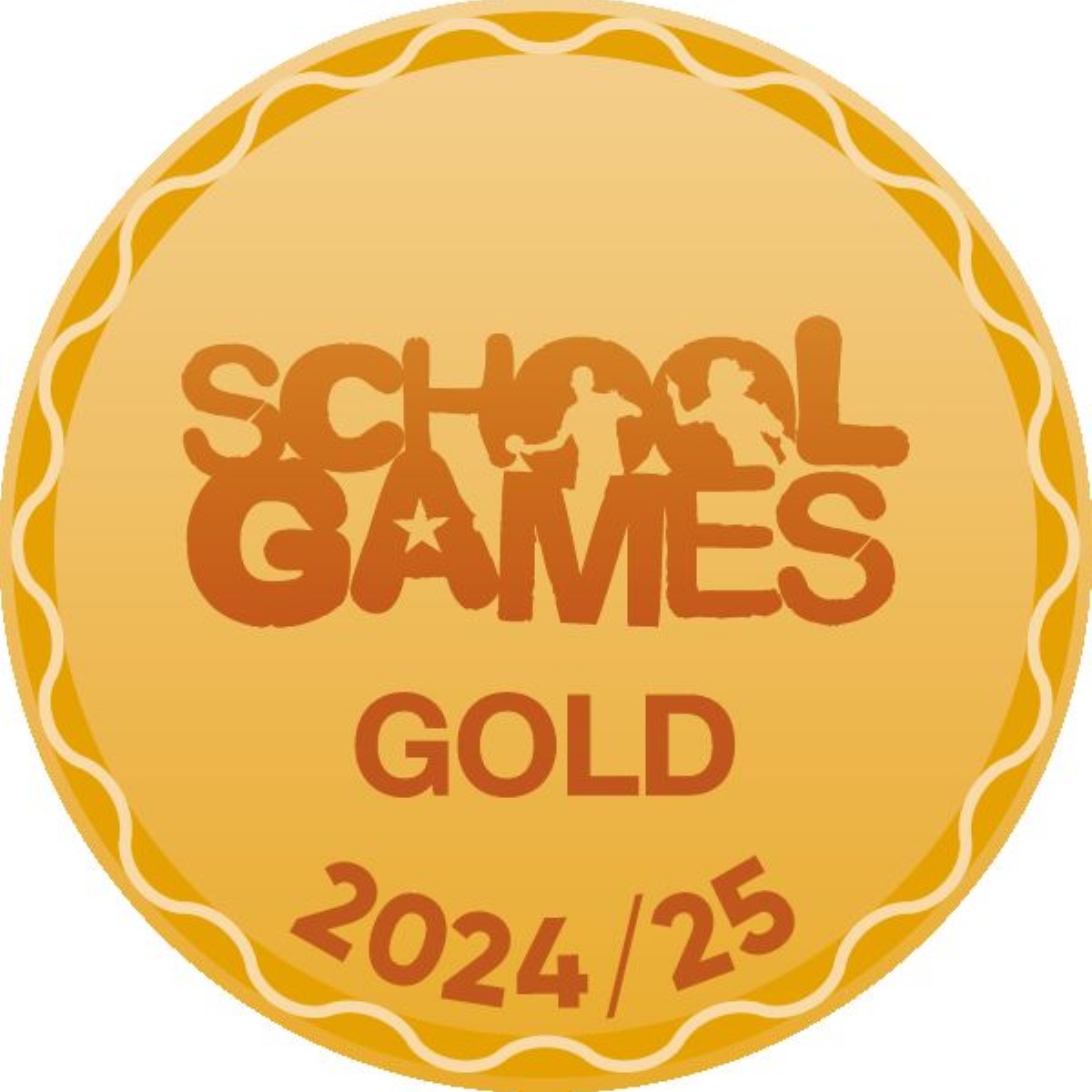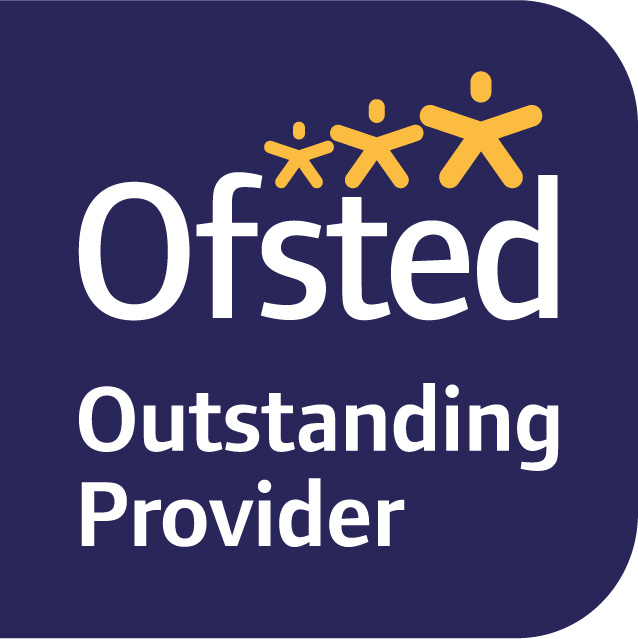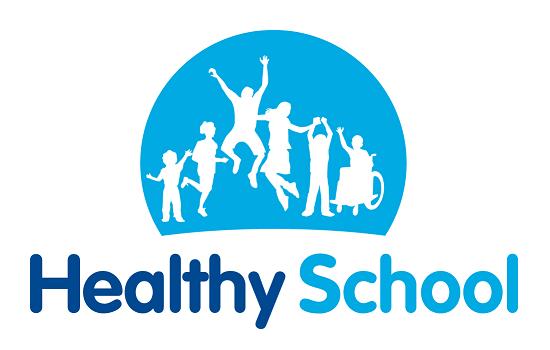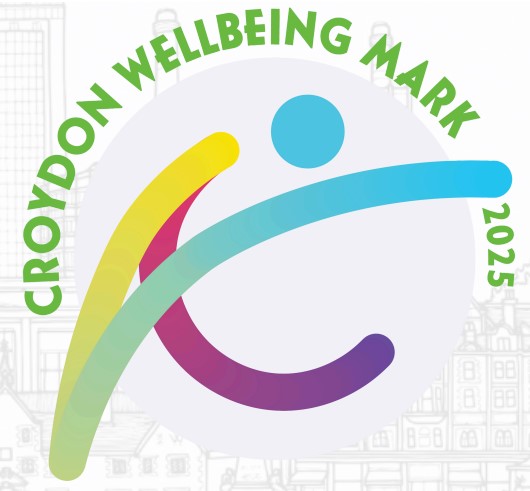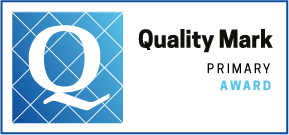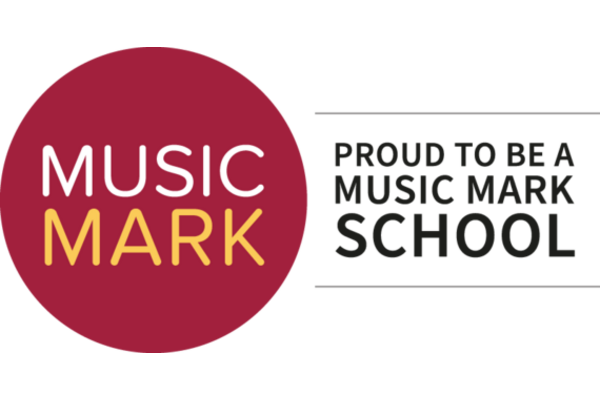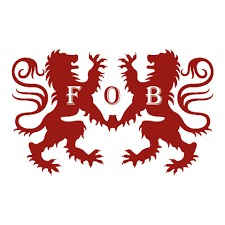Religious Education
Intent: Religious Education provides us with the opportunities to welcome and celebrate diversity as well as playing a leading role in contributing to our pupils Social, Moral, Spiritual and Cultural development. We follow the Discovery RE scheme of learning which is an enquiry-based model. By implementing careful sequenced lessons, the pupil’s critical thinking skills can be developed as well as their knowledge and understanding of and empathy with, people and their beliefs, religious or otherwise will be enhanced.
At Beaumont, Religious Education develops the pupils’ knowledge and understanding of, and their ability to respond to Christianity and the other principle religions represented in Great Britain.
We consider challenging questions about the meaning and purpose of life, beliefs about God, issues of right and wrong and what it means to be human.
We develop…
- - personal reflection
- - spiritual development
- - critical thinking
- - sense of identity
- - sense of belonging
- - respect for and sensitivity to others, in particular to those whose faiths and beliefs are different from their own
We are of the view that Religious Education plays a pivotal role in the development of the child as a whole, contributing significantly to the spiritual, moral, social and cultural growth of the pupil. It is instrumental in promoting the British Values and basic human values in our pupils, with the intention of creating a compassionate and caring community.
 |
 |
 |
 |
 |
See below photos and information from 2023-2024.
RE Photos and Information from 2023-2024
Implementation:
At Beaumont, we use the Discovery RE scheme of work to support the delivery of the locally agreed Croydon syllabus. Discovery RE focuses on critical thinking skills, personal reflection into children’s thoughts and feelings, growing subject knowledge and nurturing spiritual development.
Learning is accessible to all learners, including children with SEND and disadvantaged children, and regardless of gender, race, religion, culture, ability or age.
We use a wide variety of Religious Education resources, including children’s books, teacher’s resources, pictorial resources such as posters, pictures and photographs and religious artefacts.
We value the links which can be made between home, school and faith communities and encourage these links in school through the use of visitors, class trips and assemblies.
We treat all religions and their faith communities with respect and sensitivity. We value religious backgrounds of all members of the school community and encourage individuals to share their own experiences with others.
Impact:
Religious Education has a profound, positive impact on pupil relationships at school. Pupils understand the importance of respecting the beliefs of others. They learn from different religions, beliefs, values and traditions while exploring questions of meaning and their own belief.
The syllabus impacts the spiritual, moral, social and cultural development of our pupils and this is important for building a cohesive community. Religious Education lessons, about values and moral beliefs underpin individual choices and pupil behaviour. Values and attitudes necessary for citizenship in a democracy are promoted by teaching respect for others and the need for personal responsibility.
Also, by promoting tolerance and understanding of others, pupils begin to appreciate what it means to be positive members of society. Pupils are respectful and sensitive towards others, regardless of their faith and religious beliefs. Pupils feel valued as individuals and feel that their belief are valued and celebrated.
- Discovery-RE-for-parents
- Progression of Skills and Knowledge
- RE CURRICULUM MAPPING
- RE OVERVIEW MAP
- RE Policy


